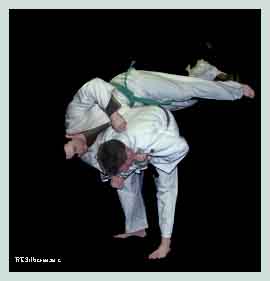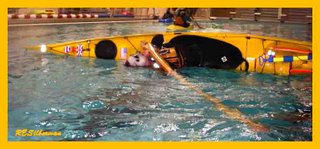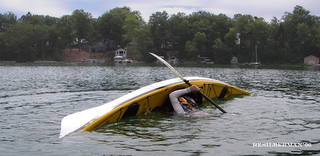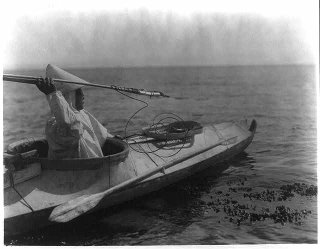Club "Fighters"
I began my Judo career in Milwaukee when it was a huge center for the game. Yes, game. You see, Judo is a sport with rules and a scoring system. Some things are allowed, some not. The sport of Judo was derived from a collection of fighting techniques called Juijitsu which literaly meant, the gentle technique. Gentle?

Well, it does lose something in the translation. Gentle is used the way we use the word yielding. In any event, it consisted of choking, throwing, pinning and joint lock techniques. It was, pure and simple, meant for combat.
When the fuedal period came to an end in Japan and the law of the sword was passed, a period of low morale and depression followed. Jigarro Kano decided that the country needed a national sport to encourage physical fitness. He also forsaw the establishments of Dojos (gyms) which, by providing showers, would benefit the hygiene of the people (he knew nothing of neoprene and its smells). From Juijisu he extracted only the safe elements and limited joint techniques to the elbow, and then only under very controlled conditions. Finally, he developed a method of falling so participants were not hurt each time they were thrown down onto the katame mat.
The big day came when 18 students of Kano's Kodokan contested against 18 Tokyo police Juijitsu players. A victory was declared when a participant could no longer continue. The outcome: 1 tie, 17 wins for the Kodokan, 0 for the coppers. Oh, the police got in some throws alright, but without a method of falling the cops could not get back up when they were thrown.
Today, Judo (the gentle way) is practiced world wide and is an olympic sport. Always conducted in Japanesse, language is not a barrier for plalyers. Competitions are frequently held in every major city and held frequently. If you aren't in the sport, you will probably never hear about them.
Thing is (and this is true in my club), many Judoka (players) are not interested in competition. They work just as hard and become just as skilled as their colleagues who enter contests, they just don't care to enter themselves. There are three levels of play in Judo.
There is the practice in which we take turns throwing, pinning, choking (to the point of surrender or unconsciousness by compressing the carotids...but I digress) or carefully applying an elbow lock. We help each other with details and never resist durning this type of practice. This is equivalent to a pool session or going onto calm water to practice sweep and draw stroke.

Then we have randorii (RAN-DOOR-EEE), or free play. This is a mini-contest in which we lightly spar and try to "get" our partner, but we never go full out or try to force an imperfect technique. The atmosphere is playful. Again, this could be a pool session where we try new rolls or maybe try to out do one another. Some one spots us and offers a bow when we don't come up easily. There is here, too, a playful atmosphere.

Then there is Shiai, (SHE-I) or contest, and Katy bar the door. This is petal to the metal, pull out the tricks, study the opponent, scream and go for it. If an opponent tries to avoid being thrown by say klinging to your back, you throw yourself over so that you land on top of him. It is rough stuff, but significant injuries are rare. This is where you go out into that breaking surf or huge swell that causes your gut to tighten a bit and where a bow rescue may not be so easy to come by.
Those judoka who limit themselves to the first two practices are called club players. They love the sport, respect the traditions and often become highly skilled. Perhaps, they are the recreational paddlers.
Those who compete have a different fire in their belly. Sure, they want to win but, much more than that, they want to be in the game. Nothing, and I tell you this from experience, can produce the rich rewarding feeling of executing (bad word) a perfect UchiMata on the center mat at the Lawson YMCA in Chigao and win the semi finals before a crowd of over 100. It isn't (wasn't) about beating the other fellow, it was about pride in having reached a certain level of skill in a traditional art and feeling part of that great tradition. Call me a sea kayaker.
Paddle safe...
DS








No comments:
Post a Comment